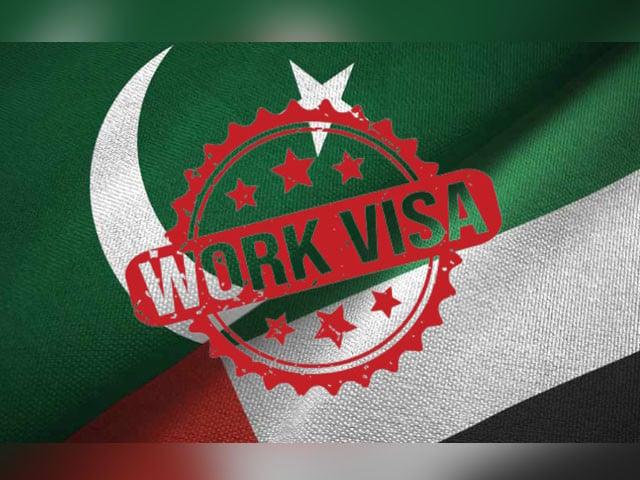Pakistan’s ambassador to UAE, Faisal Niaz Tirmizi, has described the Golfland’s rejection of Visa to Pakistani citizens as a “serious and significant” question, confirming that both countries are working to tackle it.
Tirmizi’s comments came in response to reports of declining visa approvals for Pakistanis, especially in the past year, with reference to concerns about the applicants’ non -compliance with local laws, political activities and alleged involvement in sloganing.
In an interview with Arab news, the ambassador stated that he had met UAE officials from the Foreign Ministry and the development of human resources to resolve the matter.
“This is a very serious problem and it has been raised at the highest level in all interactions,” Tirmizi said. “We are working to solve the problem and hopefully they will be solved, but the problem is quite significant and I can’t deny that.”
Tirmizi explained that Visa Refusals was mainly due to the documentation of authenticity and the criminal items for some applicants. He emphasized that UAE is now using artificial intelligence (AI) to verify documents and any discrepancies can lead to rejection.
“There was a big question about the authenticity of educational and qualifying documents from Pakistan to be resolved,” he said, adding that even real documents could be rejected if the certificate proved to be deficient.
Tirmizi also emphasized that people with criminal items should be prevented from traveling abroad.
“We need to improve the systems in the country to ensure that only real travelers, real workers with a clean record, are allowed to travel outside and find jobs outside the country,” he said.
On the subject of employment opportunities, Tirmizi explained that UAE no longer required unskilled labor, as much of its physical infrastructure had already been developed.
“We have to train people now for jobs with high skill, like well-educated IT experts, people trained in artificial intelligence, people trained in accounting, people who have skills, doctors, physiotherapists and laboratory technicians, “He said.
He also suggested the launch of a four -year nursing program that would be recognized in both UAE and Gulf Cooperation Council (GCC) region.
“Pakistan has a surplus of labor, and we need to improve the quality of education in Pakistan and make sure these people have the necessary technical, cultural, soft skills and language skills to compete in the international market,” Tirmizi added.
Despite the challenges, Pakistan’s transfers from UAE have experienced significant growth. According to figures from Pakistan’s diplomatic mission, transfers have increased by 53.9% years to years with projections of $ 3.58 billion for FY2025.



